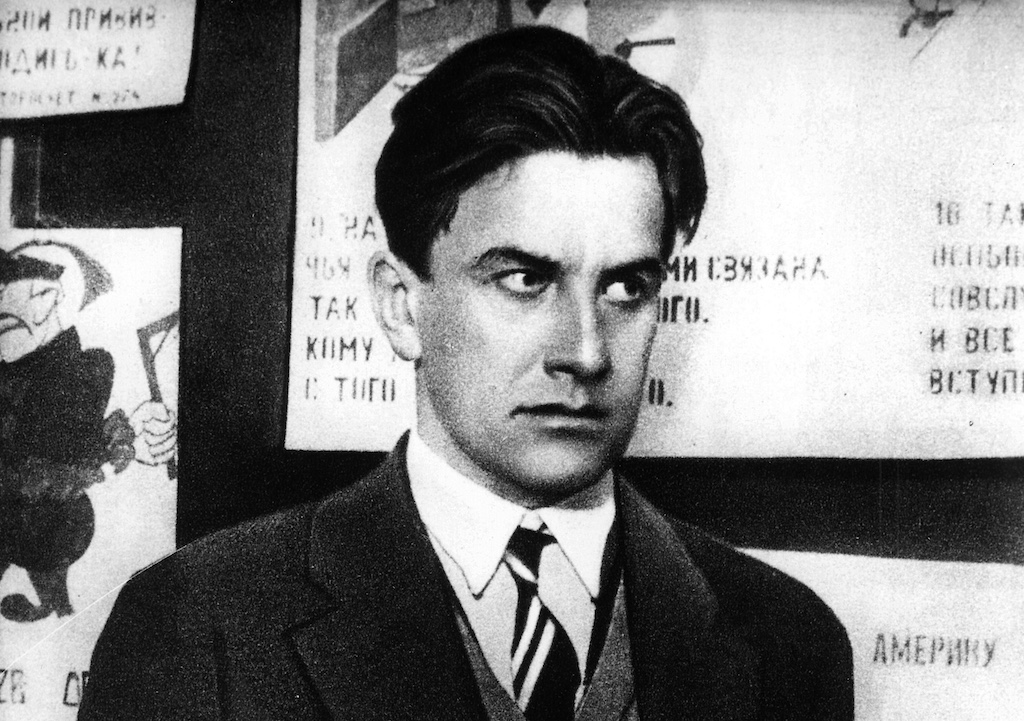Yesterday marked the ninety-fifth anniversary of Vladimir Mayakovsky’s suicide. It is particularly significant today that World War I played such a key role in shaping him. This war led to the revolution in the former Russian Empire, which determined the poet’s future life — and death — as well as the history of his country and the world beyond.
But Mayakovsky also came to World War I with the impressions made on him by his childhood. This included growing up in Georgia, on the outskirts of the empire; the revolutionary unrest of 1905, which in his home country took an anti-colonial color; poverty and a hard life in Moscow; participation in the Bolshevik party, prison, and his first artistic experiments. He would end up at an antiwar position — but not before a fascination with odious and militaristic ideas.
The first war that Mayakovsky had seen at a conscious age was the Russian-Japanese conflict of 1904–5. Against the backdrop of the failures of the Russian army, the anti-imperialist movement grew. The poet later mentioned his sympathies for the Georgian national movement at that time. He participated in gatherings and demonstrations. His class tutor recalls how Mayakovsky changed dramatically, became “excited, with burning eyes, not noticing anything around.”
The first war that Mayakovsky had seen at a conscious age was the Russian-Japanese conflict of 1904–5.
The Russian Empire’s defeat in the war was one of the causes of the 1905 revolution — a workers’ uprising in Moscow and other regions, which for the first time formed a…
Auteur: Kirill Medvedev

